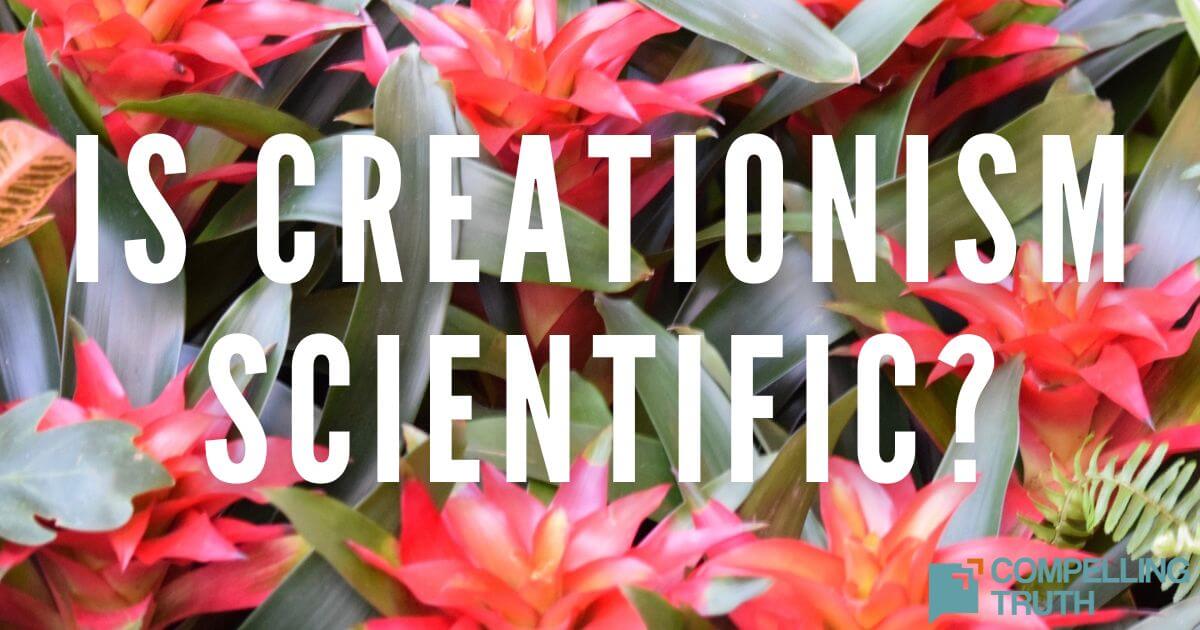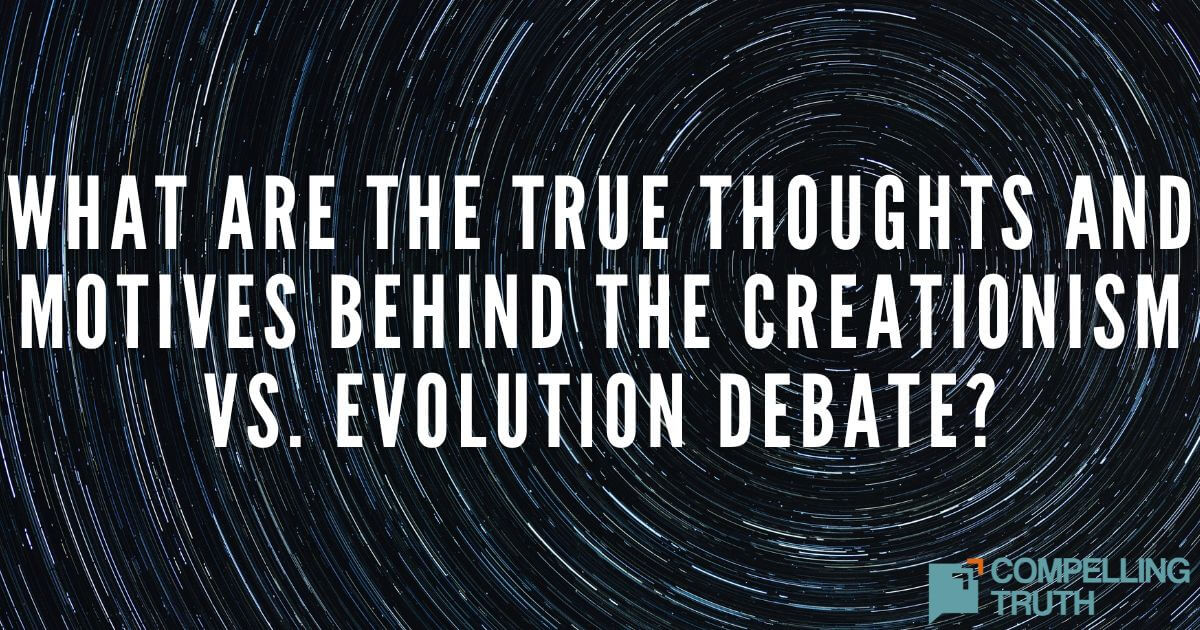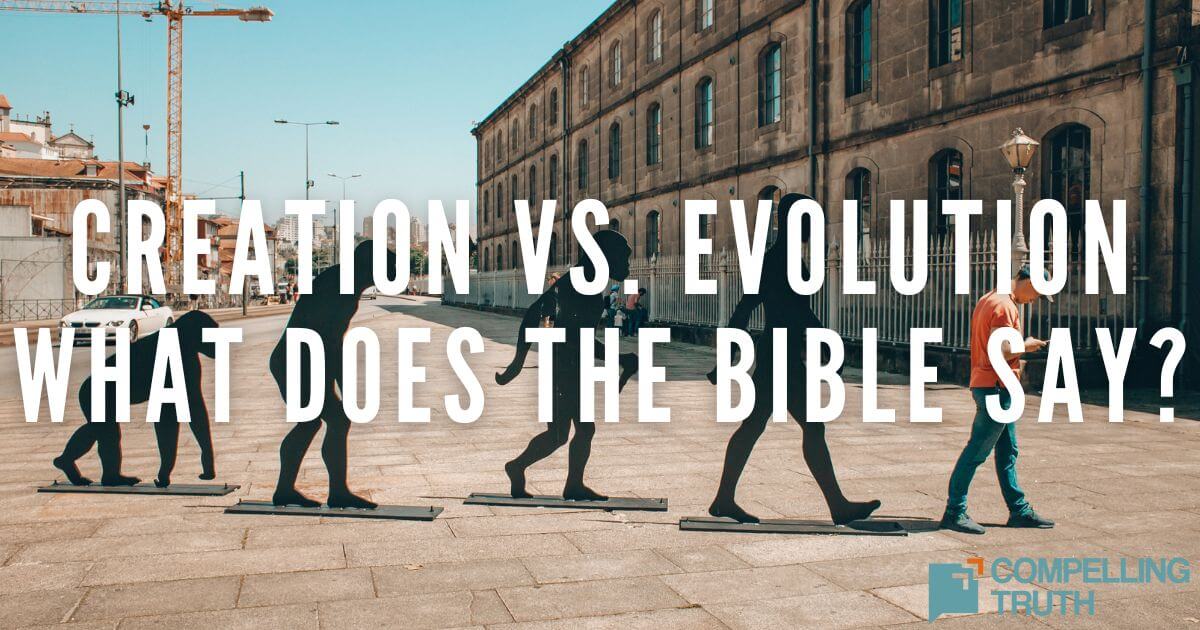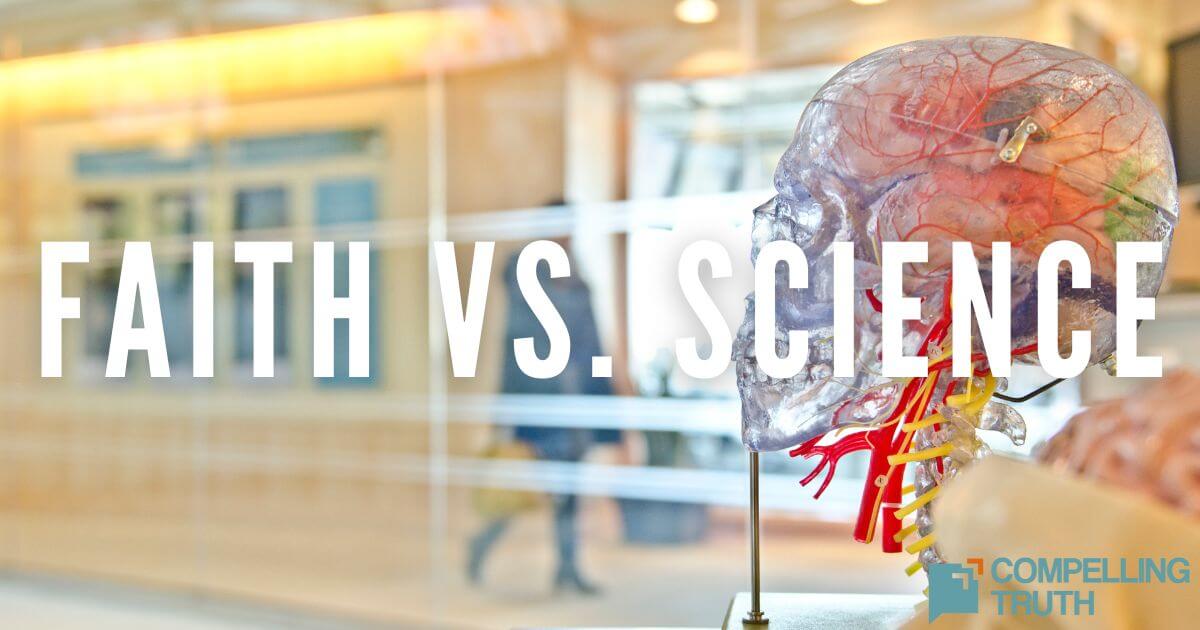what does the bible say?
Creationism holds that the universe and everything in it, including Adam and Eve, were created by God as described in Genesis 1 . This is in stark contrast to methodological naturalism, which limits scientific explanations to natural phenomena and excludes any supernatural act, such as creation. So the naturalistic view of many scientists is that the universe created itself, that life somehow arose from non-life, and that Darwinian evolution explains how life came to be as we see it today. Hence, creationists accept supernatural explanations, while secular scientists reject supernatural acts and try to explain everything in terms of physical laws.
However, miracles and supernatural acts have not been refuted by science. There are no logically valid reasons to reject creationism in favor of naturalism, as the scientific community has done. Creationism does not inhibit discovery, since many of the developers of the scientific method were Christians. The controversy is not between science and creationism. It is between faith in one position or another. The real question, then, is, which faith is the most reasonable?




